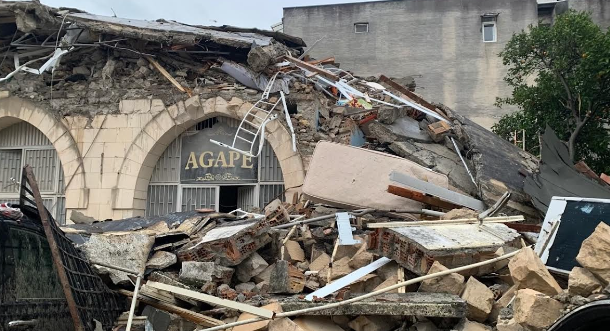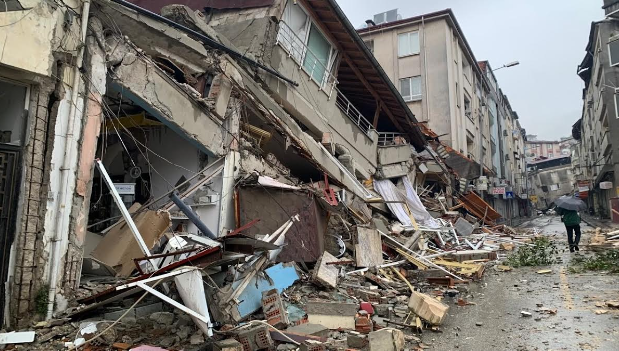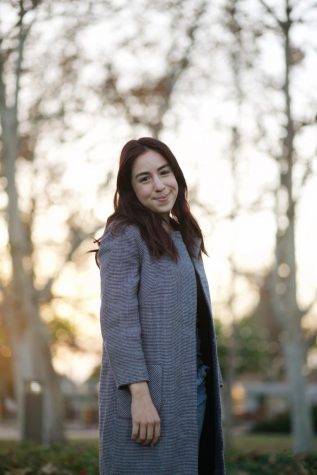The death toll from earthquakes in Turkey and Syria has continued to rise, with over 44,218 fatalities in Turkey and 5,914 fatalities in Syria as of this Friday evening. Deadly earthquakes and over 4,300 aftershocks have continued to rock the area in the last month, leaving millions of citizens displaced and worrying for the safety of their loved ones.
This week, Eunji Tark, a Biola student and former resident of Turkey, discussed the magnitude of effects from this disaster on local and global communities. She lent thoughtful insights to what her family and friends are experiencing back home, the process of communal grief and what Biolans can do to give support.
GRIEVING LOSS IN TURKEY FROM ABROAD: A STUDENT’S PERSPECTIVE
Tark spent formative middle school and high school years growing up in Ankara, the capital of Turkey. Her family still resides in the central region. While their home and surrounding areas have remained unaffected by the earthquakes, she and her family are experiencing the mental and emotional toll of grief for friends in the southern region, who have been burdened by a wide spectrum of loss.
It was not until loved ones back home sent photos of the wreckage that Tark began to understand the extent of damages – and how easily this reality could have been hers and her family’s.
“I wasn’t able to comprehend the loss that the country experienced until my friends and their families sent me pictures,” Tark said. “When I saw their houses demolished–their churches are completely destroyed, the horror of it really hit me.”
While spending the spring semester in the states, Tark recounted her struggle with survivor’s guilt.
“It’s been hard receiving the news and not being able to do anything, being so distant and far away,” Tark said. “There is a sense of security being here that my friends and family back home are not experiencing, so it’s difficult watching all this play out; a piece of my heart is still in Turkey.”
Tark’s experience living in Turkey has made the damage and death toll feel deeply personal.
“Yes, we can easily access basic information about this in the news,” Tark said. “Until it’s your home that’s gone, it is difficult to understand and empathize with the pain of it all. And it’s sad to think even I probably wouldn’t feel this much compassion or empathy for another country if I hadn’t lived there.”
Tark points to a tension that Biolans may already be experiencing: knowing how to empathize and mourn for others, regardless of one’s personal connections to grievous circumstances. Tark’s perspective acknowledges that while there is a uniquely personal grief that those directly affected experience, there is a place for all Biolans to support and be sensitive.
“While Western Christians may not have personal ties to Turkey, it is important to acknowledge that they are our brothers and sisters,” Tark said. “So on a daily basis, it would be helpful if global issues that pertain to the Christian community as a whole were more openly discussed. As media coverage fades away and events become less viral, it is important to [be] persistent in support and sensitivity.”
Tark cited the upcoming Biola Missions Conference as an excellent opportunity for the university to facilitate conversations of empathy and awareness for global issues.
Outside of prayer and conversation, Biola students and their communities can also lend financial relief to those in Turkey and Syria. Tark’s preferred crisis funds are Christian local partners that respond to critical needs and provide emergency supplies; linked here and here.













